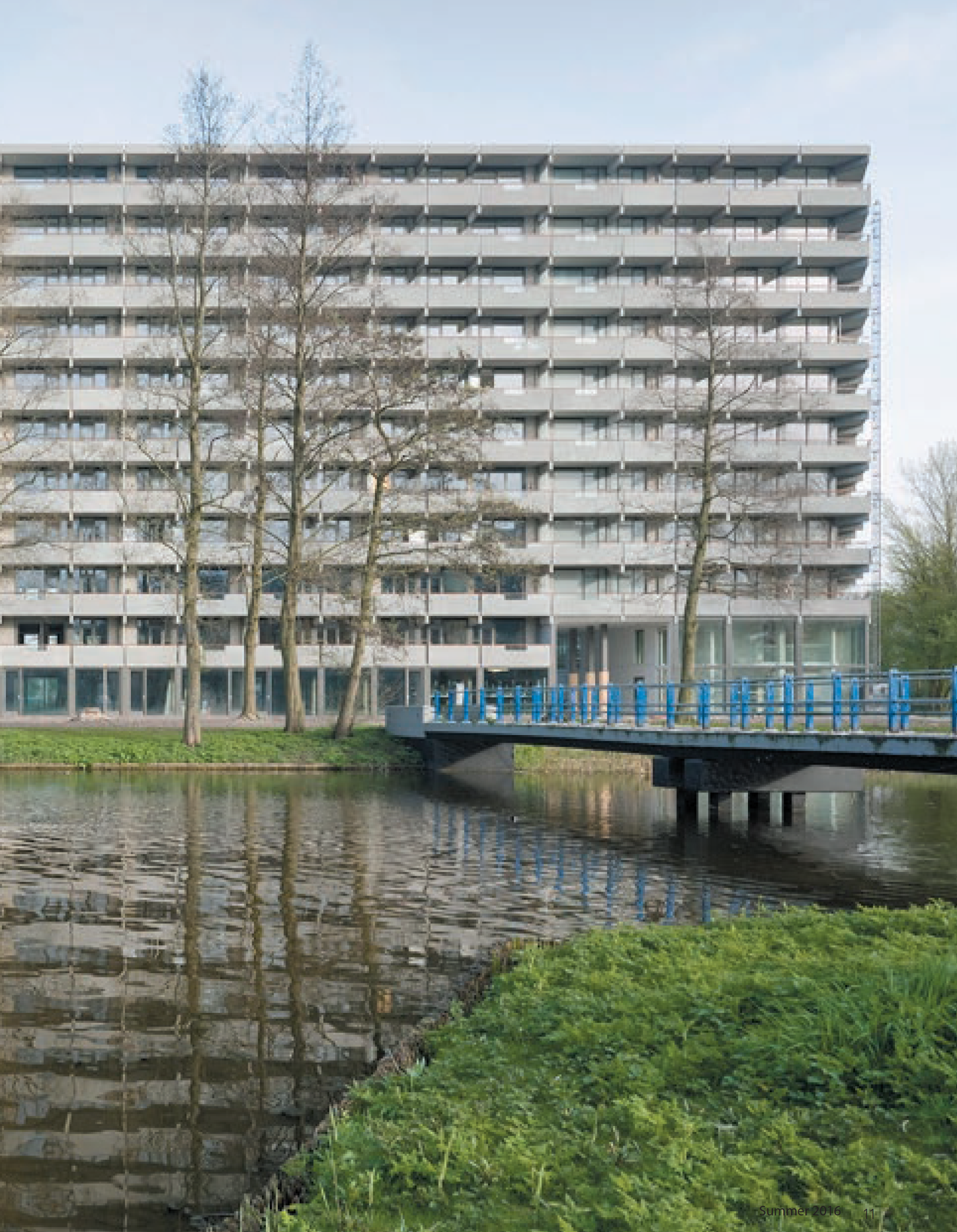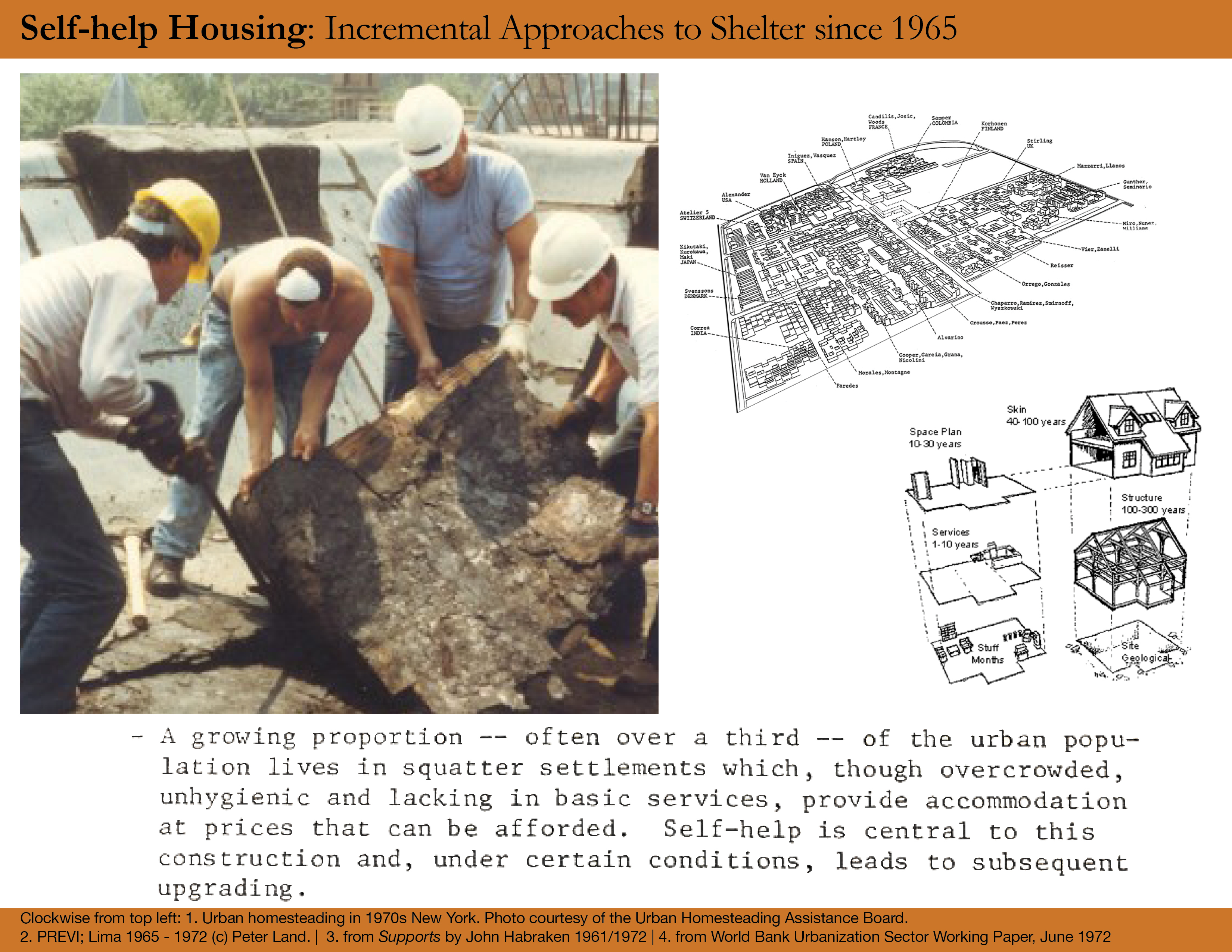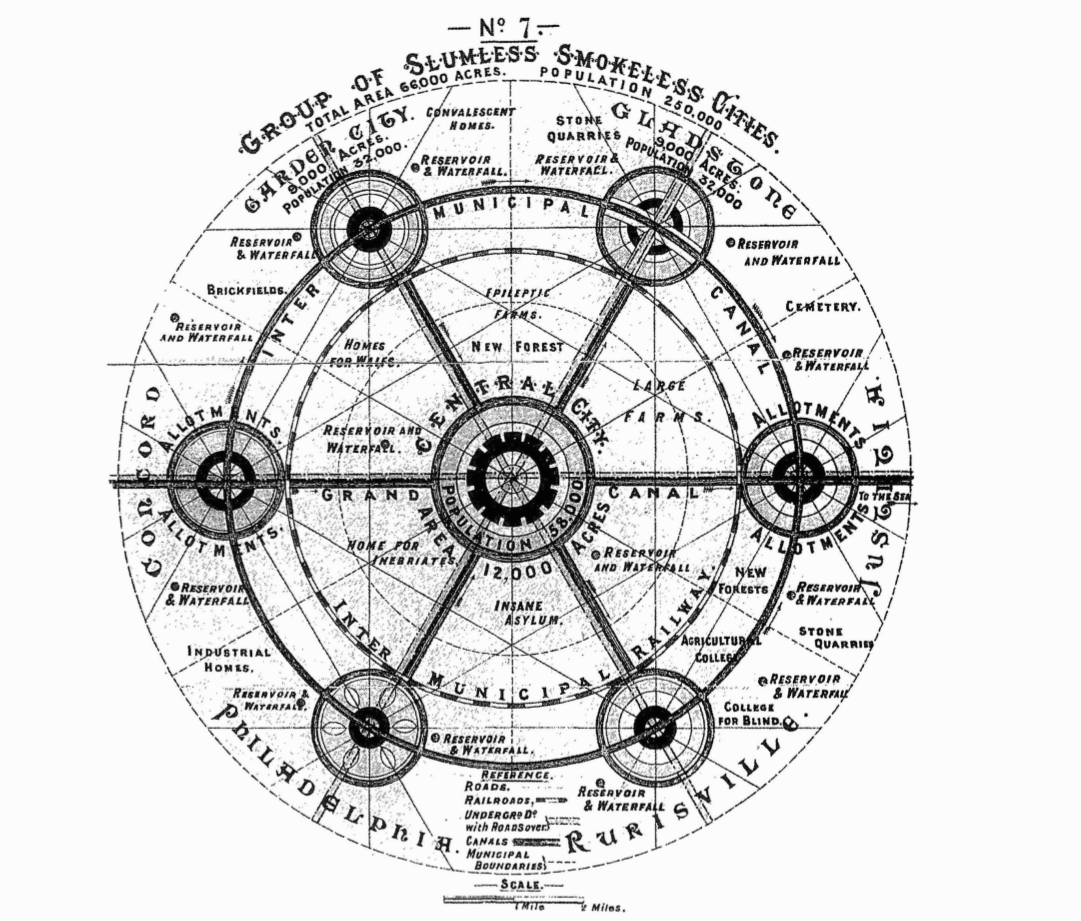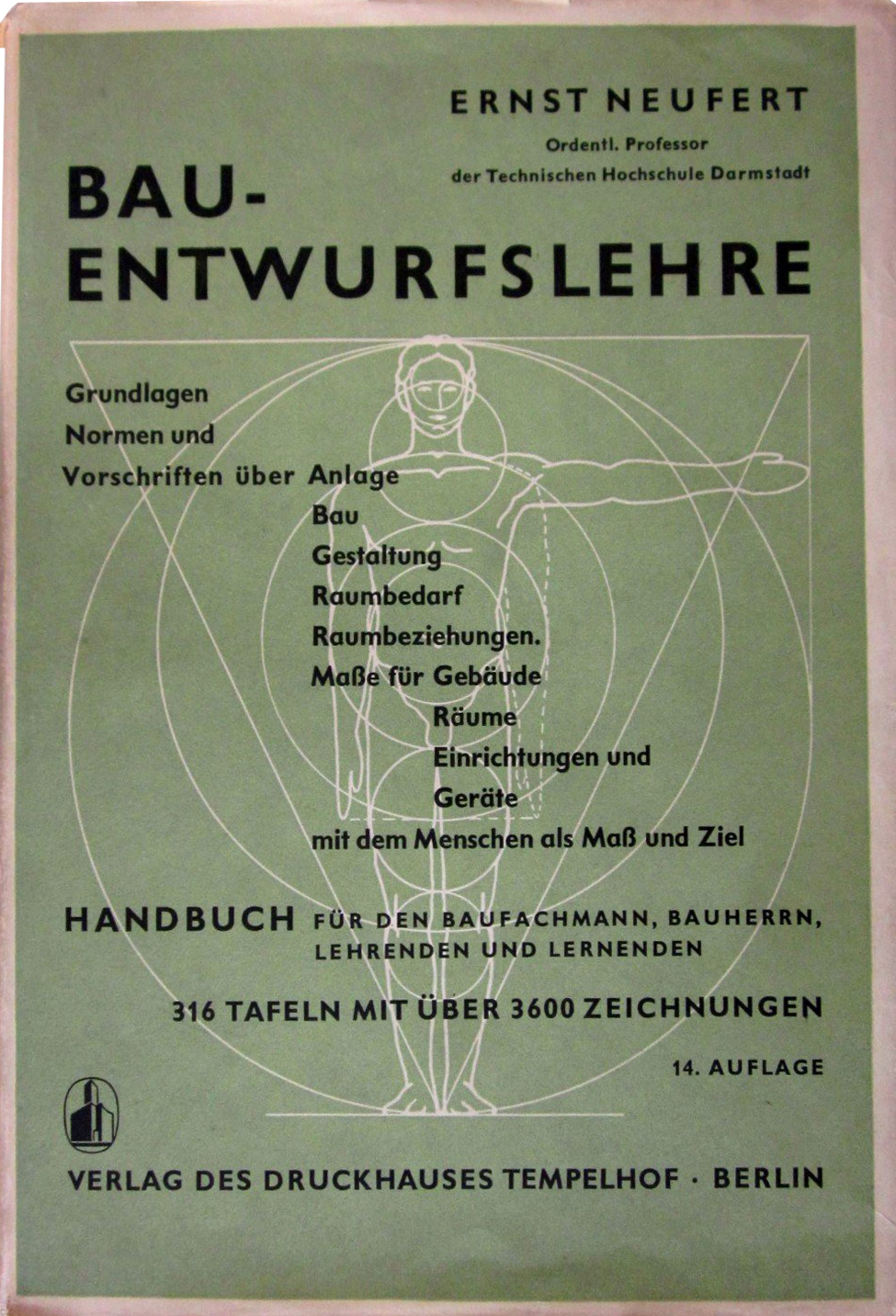




INFORMAL URBANISMS
Informal Urbanisms is a seminar that explores some key themes and cases in my current research project "Self-help Housing: Incremental Approaches to Shelter since 1965." For the past two years, I've been lucky to teach and learn from a wonderful diversity of students from across Columbia University's schools and programs — including students of architecture, urban design, urban planning, real estate, historic preservation, sociology, and public policy. Check out the syllabus here.
Overview:
This seminar excavates a series of episodes in the complex history of architecture and planning’s encounter with conditions of extreme poverty. Case studies and class discussions will reframe the history of citizen participation in design and planning projects intended to address such conditions. The course will familiarize students with a variety of historical perspectives on activating the agency of end-users in efforts to address these conditions and will interrogate how such specific projects constrain, empower, and influence design and planning strategies more generally for disinvested communities. We will also explore vanguard techniques to present and display complex, archival research projects on these topics — including digital information architecture, exhibit design, audio/video production, and visual journalism.
Architects and planners never operate in a vacuum. Efforts by activist groups, community-based organizations, and other local institutions have significant impacts on the urban conditions within which designers and planners intervene. Understanding these efforts and their impacts — especially those that are not primarily conceived or analyzed within the design disciplines — is essential for architects, designers, and planners to offer design solutions in severely resource-constrained environments. In particular, this understanding can inform design-based strategies that enable the capabilities of community members to adapt, customize, renovate, or maintain community development projects over time.
Therefore, the seminar will investigate a series of case studies in multiple urban contexts, including examples from rapidly changing neighborhoods in Northern cities such as New York City and Berlin as well as informal settlements surrounding Southern cities such as Karachi and Mexico City. Readings, discussions, presentations, and papers will interrogate three crosscutting themes in urbanism — housing, infrastructure, and public space — through the lens of historical, theoretical, and practice-based interpretations of incrementalism, informality, and equity. These cases will emphasize moments in urban development history where trends and precedents in the Global South influenced urban theory and practice in the Global North, rather than the reverse.
January 2017
Index: Teaching, Cities
